The Problem with Plastics
Images courtesy of Project Blue NZ
What’s the problem?
As we come to the end of Plastic Free July, we thought it would be good to take a closer look at the problem of plastics.
It is estimated that by 2050, there will be more plastic in the ocean than fish. Plastics are everywhere, from the bottom of the deepest sea trench to beaches around New Zealand. Plastics break down in the oceans to microplastics, mistaken for food and ingested by ocean life. The plastics act as endocrine interrupters, leading to an increase in female hormones, interrupting reproductive cycles and changing the sex balance within a species.
We are not immune. It is estimated that the average person consumes 5 grams of microplastics each week. In the last 40 years, men's sperm count has halved, and fertility in women is steadily decreasing. Scientists are predicting that our exposure to plastics means that it is likely most couples will have to use reproductive assistance by 2045.
Recent incidents like the West Coast landfill disaster in 2019 which resulted in 135,000kg of waste, much of it plastic, seeping into the Fox River, and eventually into the Tasman Sea. The ban on single-use plastic bags, exported plastics no longer being recycled overseas and our waste polluting developing nations has created an awareness of the problem here in New Zealand.
What can you do?
Refuse plastic in your life. It’s as simple (and complicated) as that.
Changing our habits can be done. In Wānaka, More than 70 per cent of Wānaka residents have now given up single use takeaway cups according to a survey released by Wastebusters this June. SUCfree Wānaka have been instrumental in this, by transitioning people's thinking from “takeaway” to “throwaway.” The initiative is contagious, with SUCfree Queenstown as well as other communities setting up to get change happening in their neck of the woods.
The government has started to clamp down which will make a difference. In June the government announced a ban on more single-use plastic items, such as drink stirrers, cotton buds, single-use produce bags, cutlery, plates and bowls, straws and fruit labels, by 2025.
If in doubt, think of the waste hierarchy: Rethink, Refuse, Reduce, Repurpose, Reuse, Recycle, Rot (except plastics don’t rot so go back to the rethink drawing board).
Want to find out more?
We are running a Waste Reduction and the Circular Economy Workshop as part of the Wao Summit 2022.
Check out the latest SUCfree video to see Wānaka’s journey to becoming single-use cup free.
Based in Queenstown? Get involved with SUCfree Queenstown!
Check out the latest news from local cup lending scheme Wanakup
Source: https://wanakaapp.nz/news/news/the-problem-with-plastics-wao-blog?id=60fdeec24698ec002bf0c813

